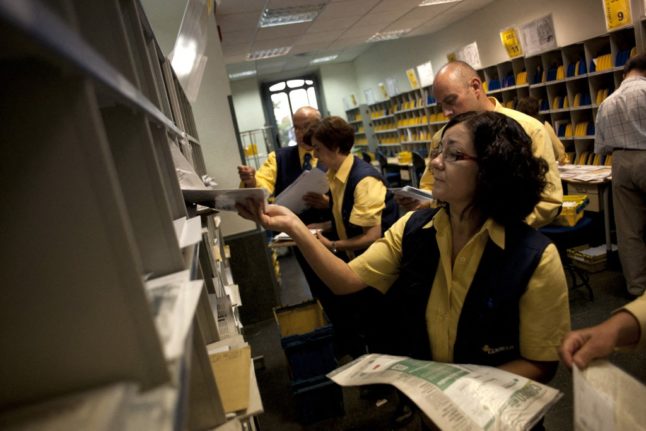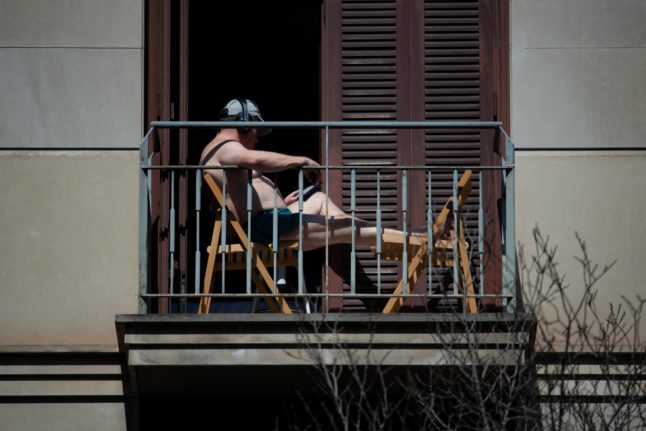Ten things you can do at a Spanish post office that you probably didn’t know
1. Cash withdrawals and deposits – Not many realise it but Correos offices allow you to deposit and withdraw cash from your bank account at branches and even with rural postmen, if you really live out in the sticks and there isn’t a post office nearby.
To withdraw or deposit cash at the post office, you’ll need to request a cash deposit or withdrawal via your regular banking app. The bank will then give you everything you need, including the locations of offices nearby where you can do it.
2. Send and receive money in minutes – That in mind, for those who use or work with immediate money delivery and receipt services, at Correos offices you can also, together with the help of Western Union, make instant, international payments in 130 currencies and in more than 200 countries.
3. Get your DGT stickers – Is your town finally bringing in its Low Emission Zones (known as ZBEs in Spanish) and you’re wondering where you can buy the emissions stickers to avoid fines? You can do it at Correos offices, where you can also request duplicates of your driving licence, and pay any traffic fines you owe the DGT.
READ ALSO:
- Driving in Spain: Which cities will get low-emission zones in 2024 and what rules change?
- What happens if you don’t pay a fine in Spain?
4. Pay your taxes – You can even arrange to pay your taxes at the post office, and thanks to a service provided by Correos’ rural postmen, you can even pay tax through these postmen.
The Correos website also allows you to handle any tax matters you might have.
5. Luggage deliveries – For those who don’t like lugging around all their luggage when travelling, Correos ‘Paq Maleta‘ service offers a home collection and delivery service on the Spanish mainland and the Balearic Islands, meaning you can send your bags ahead and travel stress free.
6. Holiday postbox – That in mind, if you’re heading away on holiday and worried that your postbox will be overflowing when you can get back (with all the security problems that this could potentially entail, especially in a shared building) Correos can store all your post until you get back.
7. Currency exchange – If you’re going on a trip and don’t want to risk using your card abroad or getting given poor exchange rates at the airport, Correos also offers a currency exchange service and you can have your foreign currency sent home or made available to pick up from your local post office.
8. Ticket sales – Correos offices also allow you to buy a wide range of tickets for concerts, theatres, amusement parks and shows of all kinds.
9. Signing up for phone and internet – Earlier this year, Correos and O2 signed an agreement to market its services in Spain’s Correos offices. As such, interested customers can sign up for mobile and internet contracts directly in Correos post offices.
10. Gas and electricity contracts – Similarly, you can also sign up for electricity and gas contracts with Spanish energy company Endesa at Correos branches. Doing it this way could even work out easier than doing it online or via phones due to its quick and simple process: once the papers have been scanned, the file is sent electronically then and there.



 Please whitelist us to continue reading.
Please whitelist us to continue reading.
Member comments